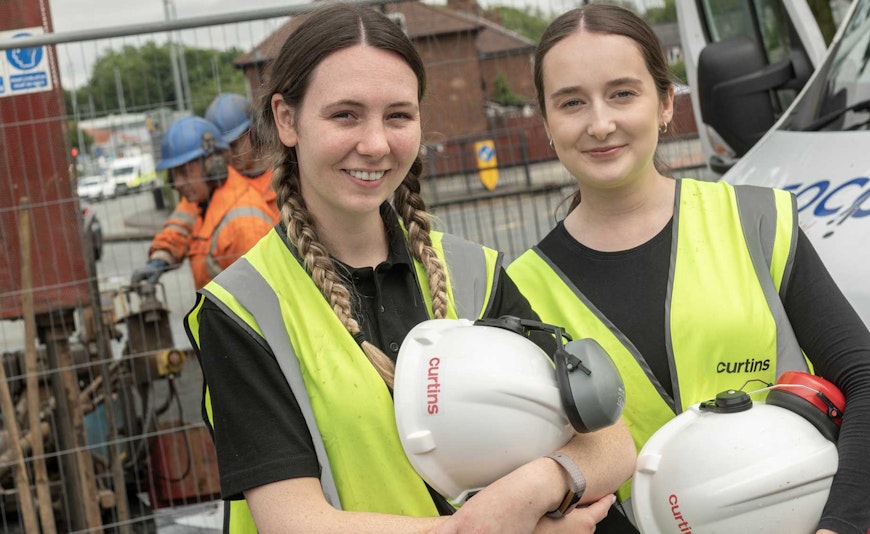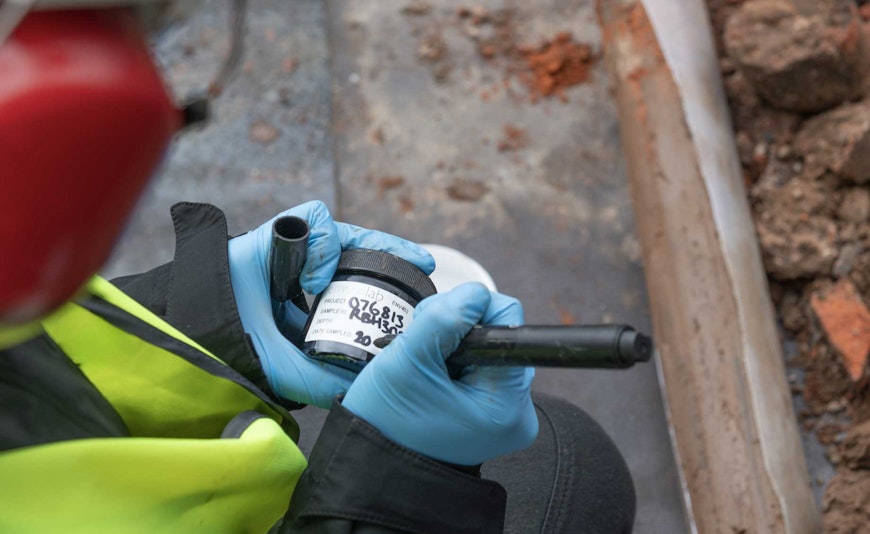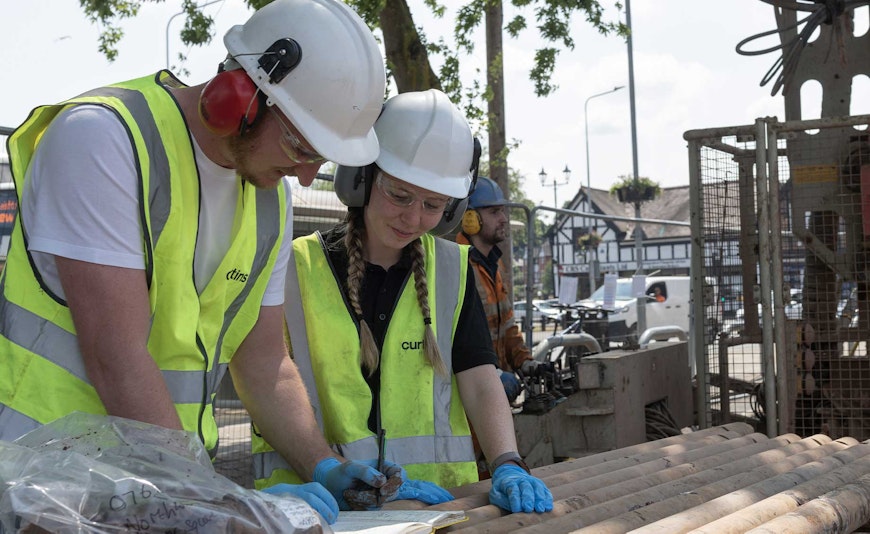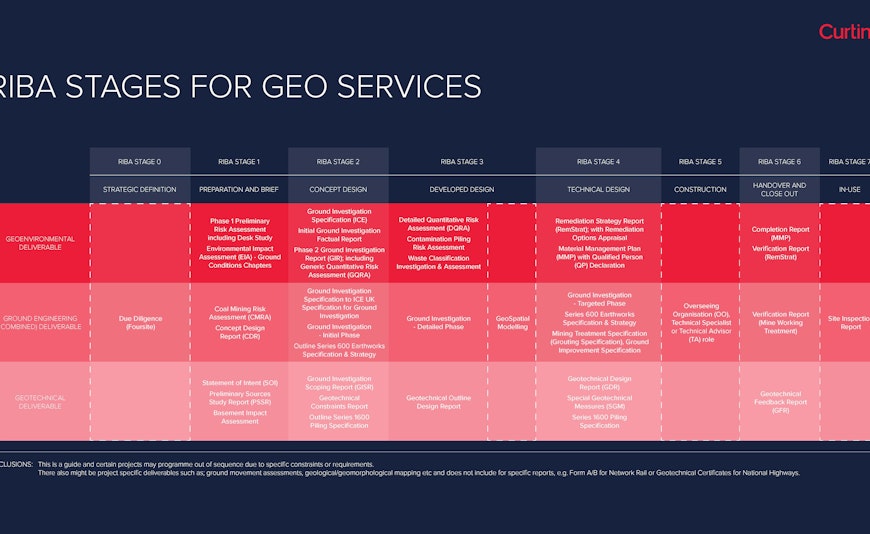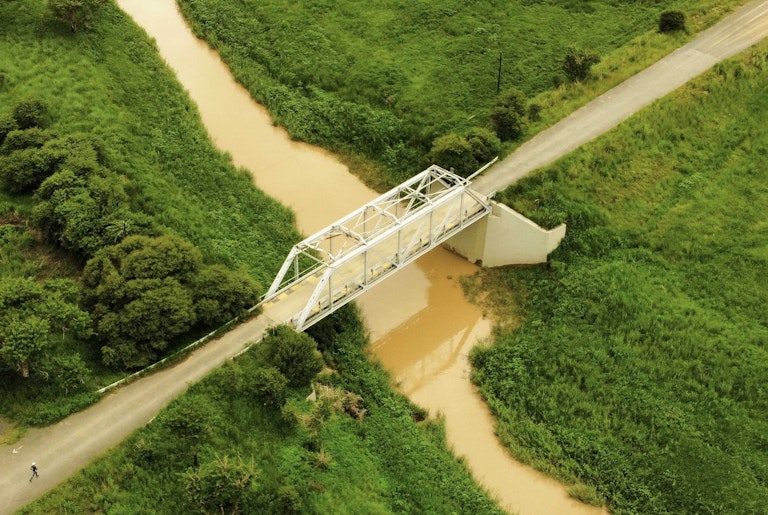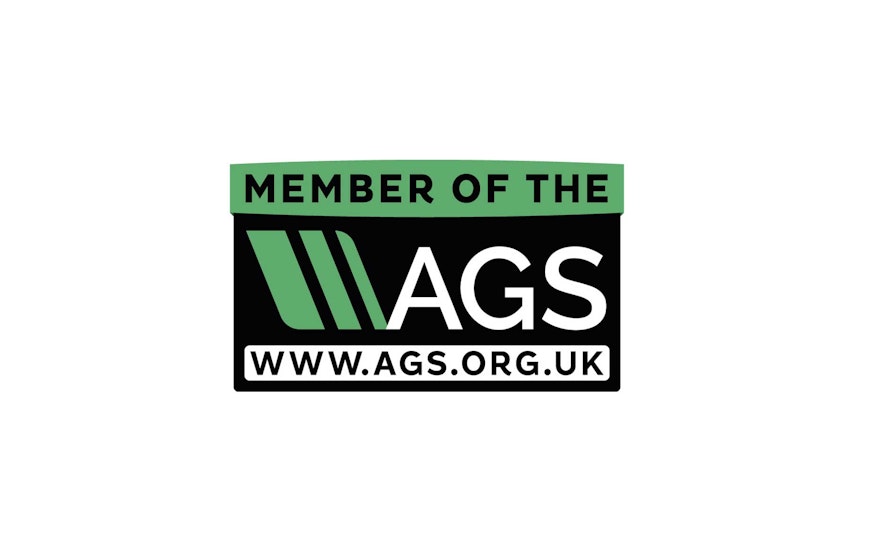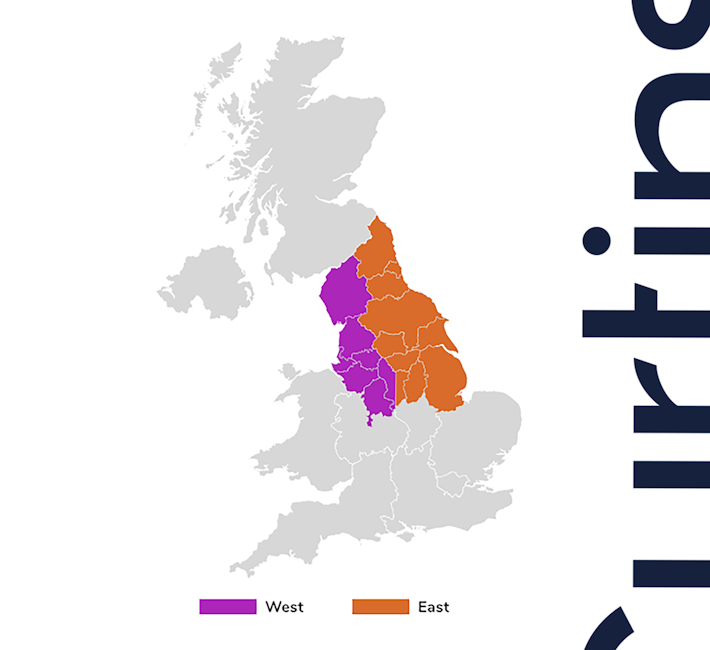
A new high quality acute hospital, using sustainable construction methods. The new healthcare facility accommodates clinical wards, office space, educational facilities, and a wellbeing hub.
Launched in 2004, our environmental expertise allows our clients to unlock the potential of sites, as we tailor our outputs to their risk profile and quantify the hidden risks from contamination.
We support our clients by providing due diligence and environmental risk assessments. This includes:
Phase 1 desk-top studies
Phase 2 intrusive geo-environmental investigations
Qualitative and quantitative site risk assessment
Remediation strategies, plus their implementation and validation
Contract administration of remediation works
Emergency response and remediation services
We have extensive experience in designing, implementing, supervising and validating site remedial works to provide our clients with practical economic strategies whilst fulfilling regulatory requirements. Speak to us about:
Remediation strategies
Reclamation works method statements
Materials management plans
Reclamation works contract administration and implementation
Remediation validation and certification
Post reclamation monitoring
We provide due diligence and risk assessments for:
Prospective land purchases and sales
Potentially contaminated land in receivership
Current site use
Emergency response and containment services
Emergency or contingency strategy plans.
The assessment of risks and contingency strategy plans include site management compliance issues, contaminated land and asbestos.
We act on behalf of a range of clients including large industrial corporations, transportation providers, receivers, development companies and individual house owners.
We generate Materials Management Plans, the vital tool that enables developers to bypass the need for an Environment Agency environmental permit or exemption from waste management licensing regulations. By implementing this plan, we support our clients in avoiding often time-consuming and cumbersome process of applying for these permits or exemptions.
At Curtins, we adhere to the CL:Aire Development Industry Code of Practice, which defines a materials management plan. This plan empowers developers to reuse both natural soils and made-ground, whether contaminated or otherwise. The benefits are twofold: significant cost savings and a more sustainable approach that reduces traffic movement.
With a number of people in our team registered as a CL:Aire qualified person, we are able to act as independent assessors of Materials Management Plans to comply with the requirements of the Environment Agency.
Click the link below to see which Environmental and Geotechnical services we offer through a project's lifecycle and against the RIBA stages.
Our innovative approach to due diligence, pre-planning and other development services.
“Curtins are true team players and are always proactive in suggesting solutions to help both us as the client and the rest of the team. We would not hesitate to recommend them for future projects are commissions.”
We are a Member of the Association of Geotechnical & Geoenvironmental Specialists (AGS) with recognised practitioners covering both specialisms.
We're delighted to be on this year's list for Supplier of the Year.
The Welsh Assembly Government's Sustainable Farming Scheme has been introduce to encourage environmentally sustainable practices. In this article, we provide some useful information on this topic with a glossary commonly used terms.
We are delighted to have been successful on the Innovation Chain North framework for Site Investigation Services 2024 - 2028.

